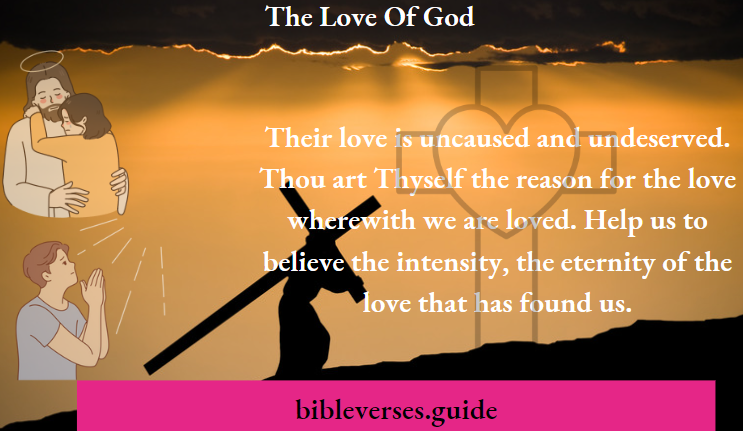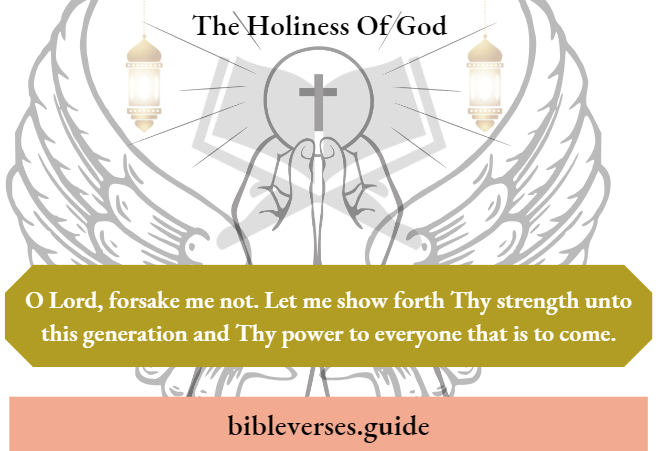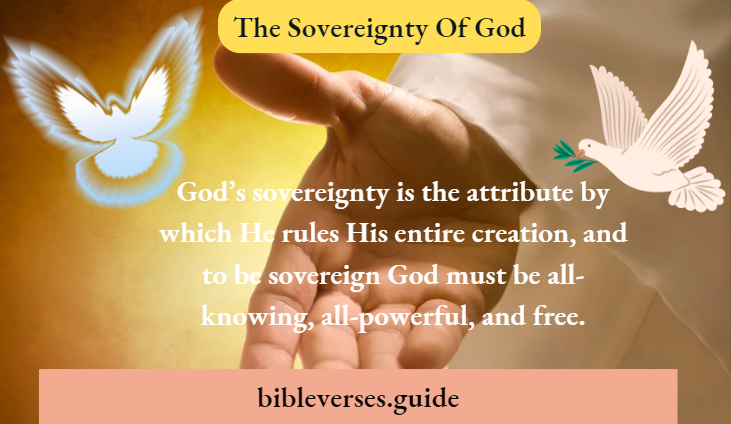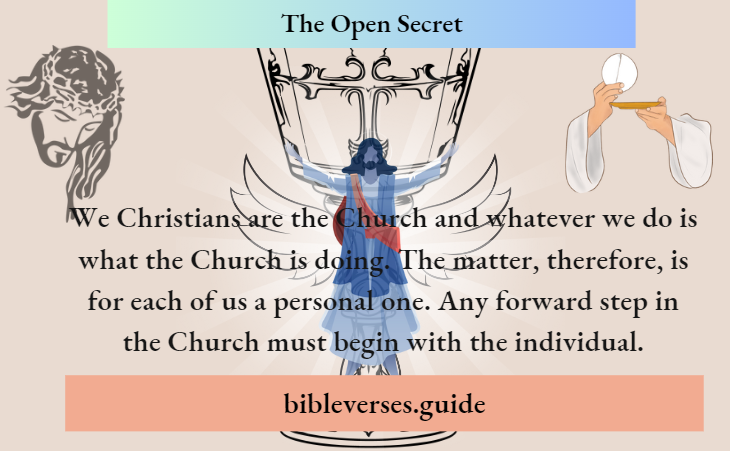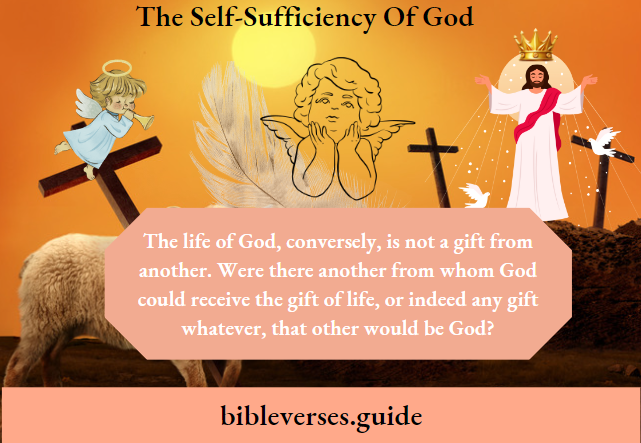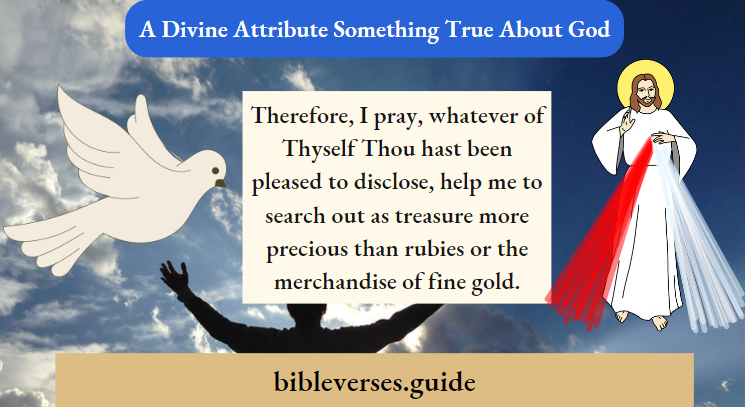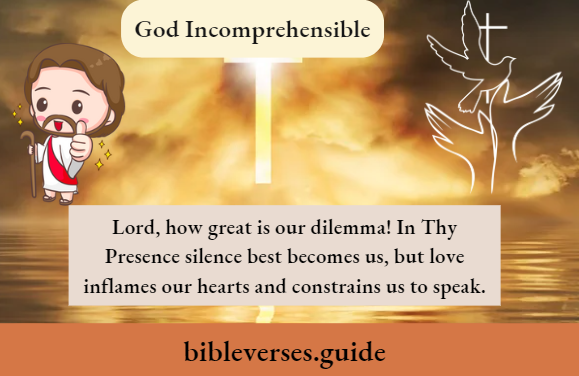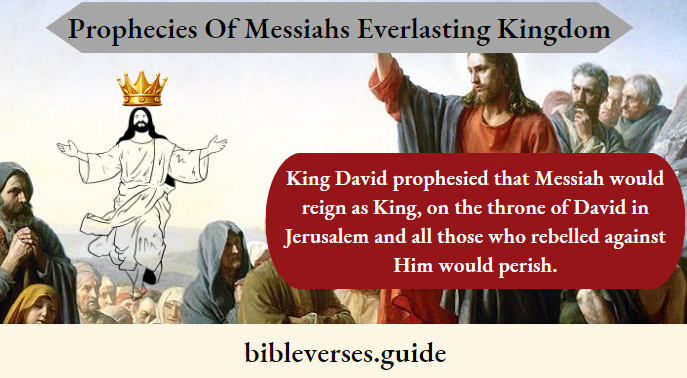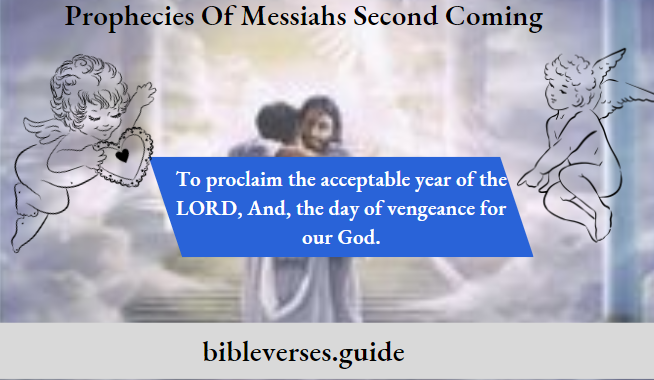The Grace Of God
God of all grace, whose thoughts toward us are ever thoughts of peace and not of evil, give us hearts to believe that we are accepted in the Beloved.
And give us minds to admire that perfection of moral wisdom that found a way to preserve the integrity of heaven and yet receive us there.
We are astonished and marvel that one so holy and dread should invite us into Thy banqueting house and cause love to be the banner over us.
We cannot express the gratitude we feel, but look Thou on our hearts and read it there. Amen. In God mercy and grace are one; but as they reach us they are seen as two, related but not identical.
Read and Learn More The knowledge of the Holy
As mercy is God’s goodness confronting human misery and guilt, so grace is His goodness directed toward human debt and demerit. It is by His grace that God imputes merit where none previously existed id declares no debt to be where one had been before.
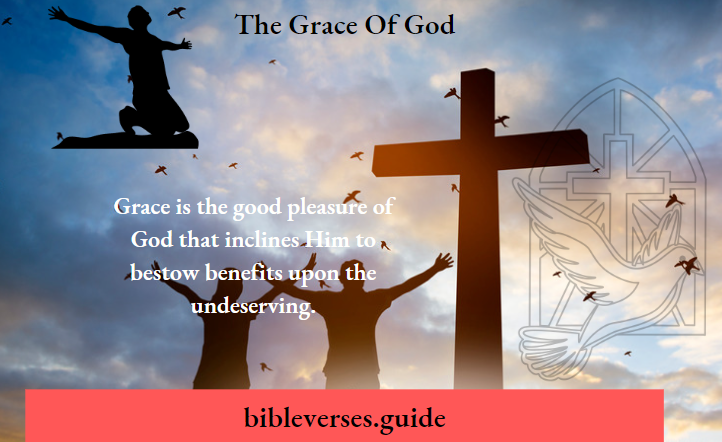
It is a self-existent principle inherent in the divine nature and appears to us as a self-caused propensity to pity the wretched, spare the guilty, welcome the outcast, and bring into favor those who were before under just disapprobation.
Its use to us sinful men is to save us and to make, us sit together in heavenly places to demonstrate to the ages the exceeding riches of God’s kindness to us in Christ Jesus.
We benefit eternally by God’s being just what He is.
Because He is what He is, He lifts our heads out of the prison house, changes our prison garments for royal robes, and makes us eat bread continually before Him all the days of our lives.
Grace takes its rise far back in the heart of God, in the awful and incomprehensible abyss of His holy being; but the channel through which it flows out to men is Jesus Christ, crucified and risen.
The apostle Paul, who beyond all others is the exponent of grace in redemption, never disassociates God’s grace from God’s crucified Son. Always in his teachings, the two are found together, organically one and inseparable.
A full and fair summation of Paul’s teaching on this subject is found in his Epistle to the Ephesians: “Having predestinated us unto the adoption of children by Jesus Christ to himself.
According to the good pleasure of his will, to the praise of the glory of his grace, wherein he hath made us accepted in the beloved.
In whom we have redemption through his blood, the forgiveness of sins, according to the riches of his grace.”
John also in the Gospel that bears his name identifies Christ as the medium through which grace reaches mankind: “For the law was given by Moses, but grace and truth came by Jesus Christ.”
But right here it is easy to miss the path and go far astray from the truth, and some have done this.
They have compelled this verse to stand by itself, unrelated to other Scriptures bearing on the doctrine of grace, and have made it teach that Moses knew only law and Christ knows only grace.
So the Old Testament is made to be a book of law and the New Testament a book of grace. The truth is quite otherwise.
The law was given to men through Moses, but it did not originate with Moses. It had existed in the heart of God from before the foundation of the world.
On Mount Sinai, it became the legal code for the nation of Israel, but the moral principles it embodies are eternal.
There never was a time when the law did not represent the will of God for mankind nor a time when the violation of it did not bring its penalty, though God was patient and sometimes “winked” at wrongdoing because of the ignorance of the people.
Paul’s close-knit arguments in the third and fifth chapters of his Epistle to the Romans make this very clear.
The spring of Christian morality is the love of Christ, not the law of Moses; nevertheless, there has been no abrogation of the principles of morality contained in the law.
No privileged class exists exempt from that righteousness which the law enjoins. The Old Testament is indeed a book of law, but not of law only.
Before the great flood Noah “found grace in the eyes of the Lord,” and after the law was given God said to Moses, “Thou hast found grace in my sight.”
And how could it be otherwise? God will always be Himself, and grace is an attribute of His holy being. He can no more hide His grace than the sun can hide its brightness.
Men may flee from the sunlight to dark and musty caves of the earth, but they cannot put out the sun. So men may in any dispensation despise the grace of God, but they cannot extinguish it.
Had the Old Testament times been times of stern, unbending law alone the whole complexion of the early world would have been vastly less cheerful than we find it to be in the ancient writings.
There could have been no Abraham, friend of God; no David, man after God’s own heart; no Samuel, no Isaiah, no Daniel. The eleventh chapter of Hebrews, that Westminster Abbey of the spiritually great of the Old Testament, would stand dark and tenantless.
Grace made sainthood possible in Old Testament days just as it does today. No one was ever saved other than by grace, from Abel to the present moment.
Since mankind was banished from the east-ward Garden, none has ever returned to the divine favor except through the sheer goodness of God. And wherever grace found any man it was always by Jesus Christ.
Grace indeed came from Jesus Christ, but it did not wait for His birth in the manger or His death on the cross before it became operative.
Christ is the Lamb slain from the foundation of the world. The first man in human history to be reinstated in the fellowship of God came through faith in Christ.
In olden times men looked forward to Christ’s redeeming work; in later times they gazed back upon it, but always they came and they came by grace, through faith.
We must keep in mind also that the grace of God is infinite and eternal. As it had no beginning, so it can have no end, and being an attribute of God, it is* as boundless as infinitude.
Instead of straining to comprehend this as a theological truth, it would be better and simpler to compare God’s grace with our needs.
We can never know the enormity of our sin, neither is it necessary that we should. What we can know is that “where sin abounded, grace did much more abound.”
To “abound” in sin: that is the worst and the most we could or can do. The word abound defines the limit of our finite abilities.
And although we feel our iniquities rise over us like a mountain, the mountain, nevertheless, has definable boundaries: it is so large, so high, it weighs only this certain amount and no more.
But who shall define the limitless grace of God? Its “much more” plunges our thoughts into infinitude and confounds them there. All thanks be to God for grace abounding.
We who feel alienated from the fellowship of God can now raise our discouraged heads and look up. Through the virtues of Christ atoning death, the cause of our banishment has been removed.
We may return as the Prodigal returned, and be welcome. As we approach the Garden, our home before the Fall, the flaming sword is withdrawn. The keepers of the Tree of Life stand aside when they see a son of grace approaching.
Return, O wanderer, now return,
And seek thy Father’s face;
Those new desires which in thee burn
Were kindled by His grace.
Return, O wanderer, now return,
And wipe the falling tears:
Thy Father calls, – no longer mourn;
‘Tis love invites thee near —William Benco Collyer

